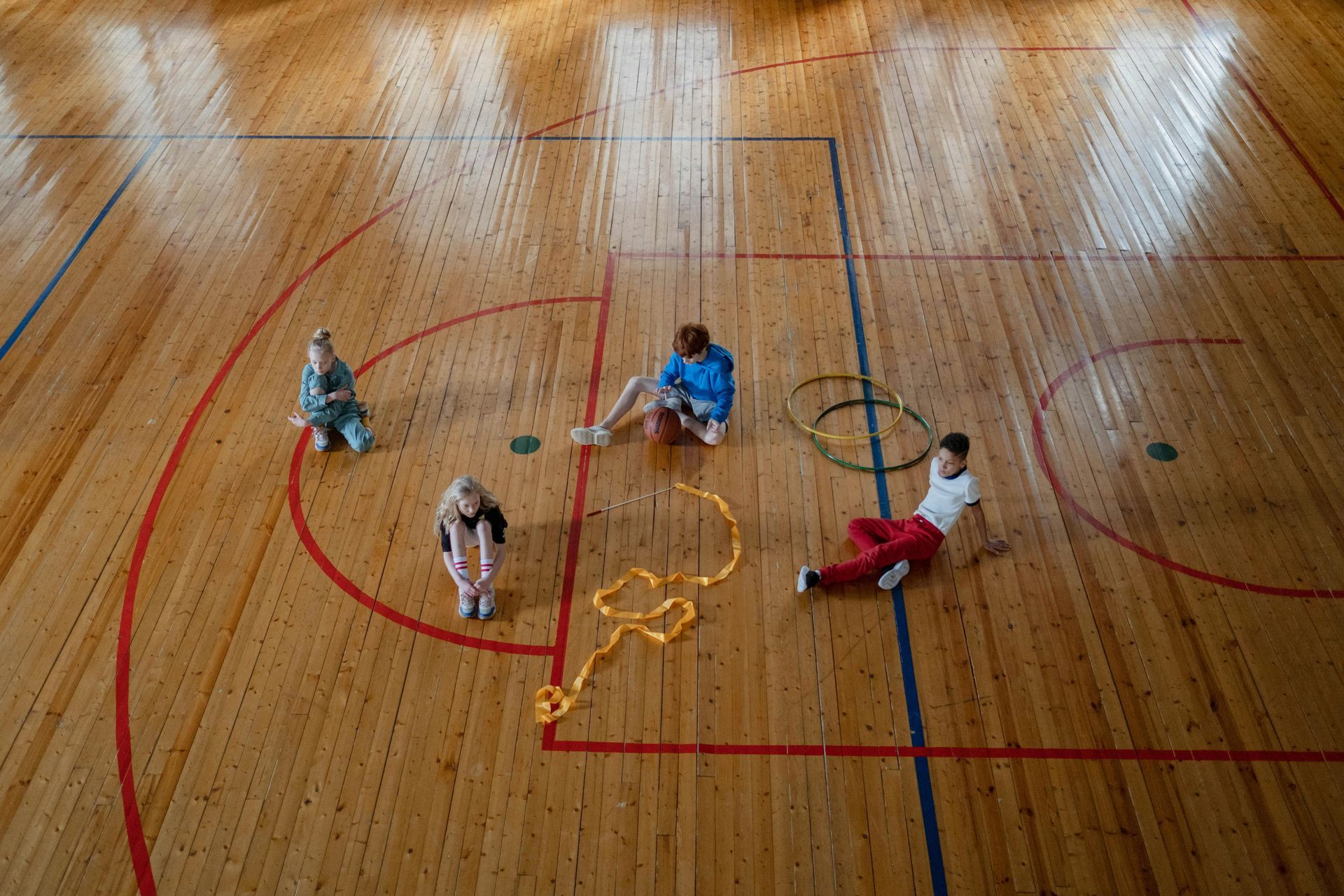Biblical Worldview
Everyone has a worldview. It is the framework from which we view reality and make sense of life and the world. Our worldview becomes the driving force behind every emotion, decision and action. The question to consider is not whether you have a worldview, but rather, is your worldview true?

Some worldviews are incoherent, being merely a smorgasbord, or mix and match worldview. Barna research concluded that 88% of people have a worldview that is not internally consistent, meaning it is not coherent with itself. An examined and thoughtful worldview, however, is more than a private personal viewpoint; it is a comprehensive life system that seeks to answer the basic questions of life:
- Is there a “God”?
- How did we get here?
- What is the purpose of life?
- What went wrong with the world?
- What is right and what is wrong?
- What is our destiny?
What is a biblical worldview?
A Christian worldview is not just one’s personal faith expression, nor is it just a theory. It is an all-consuming way of living, applicable to all spheres of life. A biblical worldview is based on the infallible Word of God. When you believe the Bible is entirely true, then you allow it to be the foundation of everything you say and do. It involves loving God with all your heart, soul, mind and strength (Mark 12:30-31). This kind of love for God results in taking every thought captive to make it obedient to Christ (2 Cor. 10:5), and a wholehearted devotion to distinctively Christian thinking. It means being able to see life from a Christian vantage point; it means thinking with the mind of Christ.
A biblical worldview changes the way we respond to major events in the world and also day-to-day incidents. How do you respond to a national pandemic or political unrest? How do you respond to traffic? What do you do if your fast food order is wrong? What do you do when your boss asks you to lie? While those with a secular worldview may have their worldview shaken after a disaster, a Christian will respond with trust in God’s sovereignty, confidence in Christ’s future return, and passion for spreading the gospel. Through everything we continually look for God’s greatness, goodness, and wisdom.
Why is a biblical worldview important?
A biblical worldview is important because it is the only true worldview. If we reject God’s word, we fail to see the world as it really is. A worldview might be compared to a pair of glasses. If you have broken or discolored lenses or the wrong prescription, you won’t see the world correctly. A biblical worldview shows you the world as God, the Creator of it, intended. Everyone loves having perfect vision, and when it comes to seeing the world, it is no different. Sin, however, has distorted our view but looking at life with a biblical worldview corrects our vision and helps us see the world through the theme of God’s redemption.
The challenge of competing worldviews
The problem is that non-biblical worldview ideas don’t just sit in a book somewhere waiting for people to examine them. They bombard us constantly from television, film, music, newspapers, magazines, books and academia. Because we live in a selfish, fallen world, these ideas seductively appeal to our flesh, and we often end up incorporating them into our personal worldview — often without even knowing it. Barna research has been tracking this ongoing shift away from a Christian worldview. Brooke Hempell, senior vice president of research for Barna, says, “The challenge with competing worldviews is that there are fragments of similarities to some Christian teachings, and some may recognize and latch on to these ideas, not realizing they are distortions of biblical truths. The call for the Church, and its teachers and thinkers, is to help Christians dissect popular beliefs before allowing them to settle in their own ideology. Informed thinking is essential to developing and maintaining a healthy biblical worldview and faith as well as being able to have productive dialogue with those who espouse other beliefs.” As Colossians 2:8 says “See to it that no one takes you captive through hollow and deceptive philosophy, which depends on human tradition and the basic principles of this world rather than on Christ.”
How to instill a biblical worldview in your children
Children should be prepared to navigate the tidal wave of unbiblical ideas that confront them as they grow older. We want them to know what they believe and why they believe it. We want them to know Scripture. So how do you help your kids to think biblically?
- Begin at a young age! Look for age-appropriate resources that address issues that your kids are currently facing.
- Teach them that Scripture impacts every area of life, even math and science. The reality is that God’s word impacts everything!
- As a parent or guardian, live out your faith and belief in front of them. Teach by example!
- Find a community of like-minded believers that reinforce the biblical worldview you teach at home.
- Give your children opportunities to practice living out a biblical worldview such as activities that involve caring for, or serving others.
- Consider your language. Do your words reveal God’s wisdom, care and love. e.g., “Here’s what I think” vs “Let’s see what the Bible says about this question” or “There’s no way we can pay all our bills this month” vs “Let’s pray and trust God to provide for our needs.”
Since a person’s worldview is primarily shaped and is firmly in place by the time someone reaches the age of thirteen it is imperative that parents and other influencers are intentional in how they help develop the worldview of children. At King’s Christian School we strive to raise students with a biblical worldview. A biblical worldview not only shapes what a child believes but also equips the child to live in a manner worthy of the gospel, for the good of others and to the glory of God.











